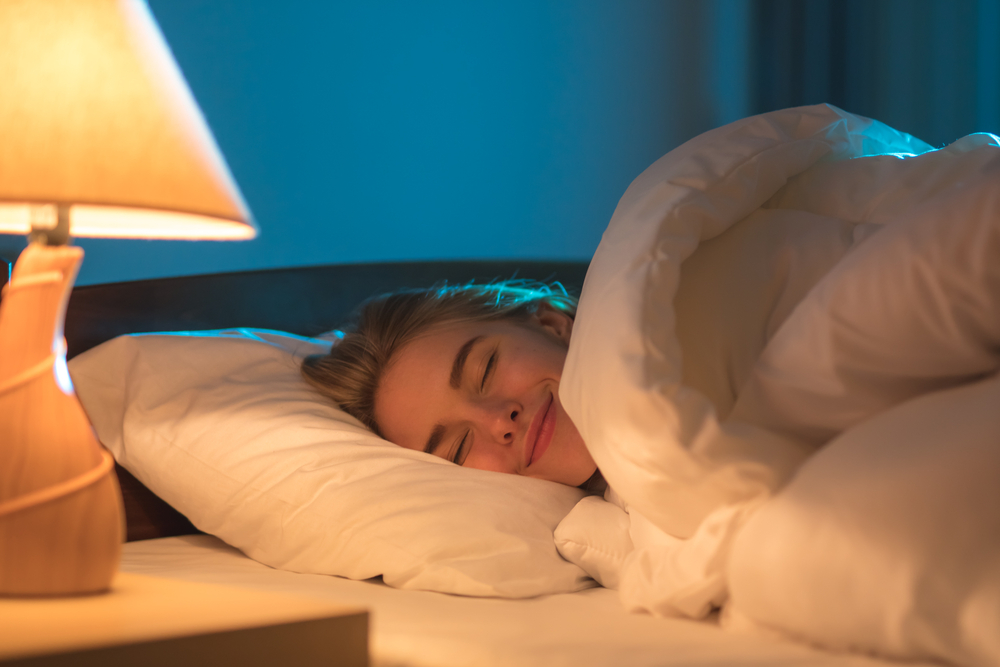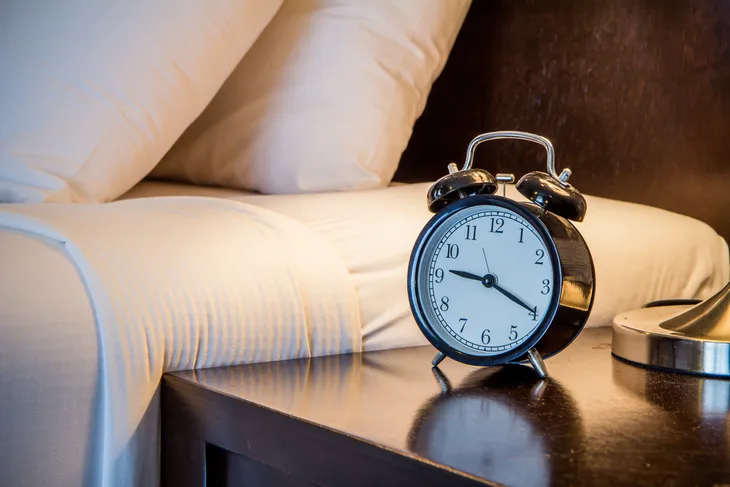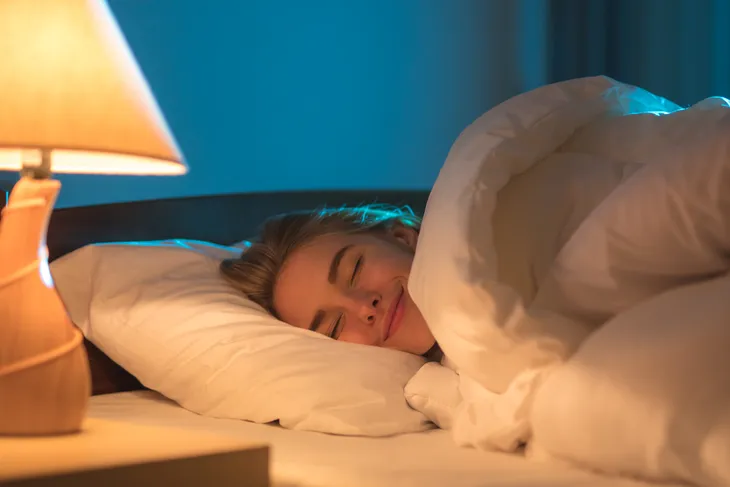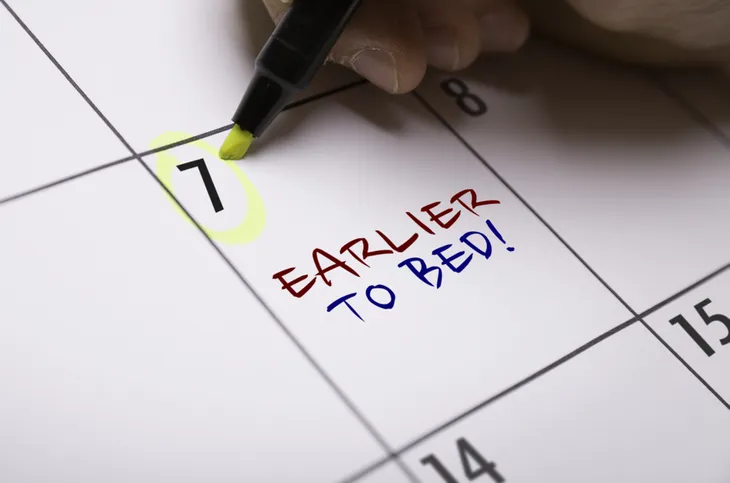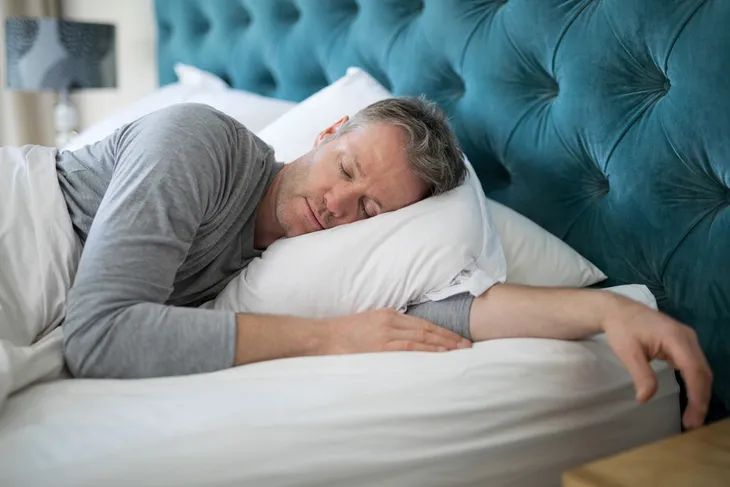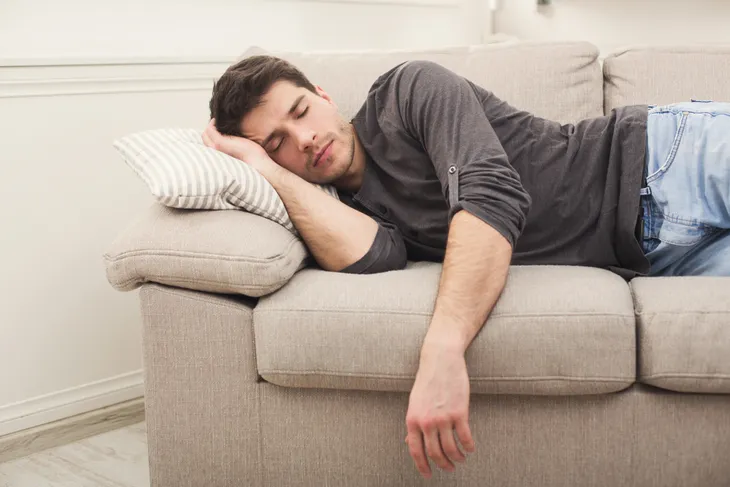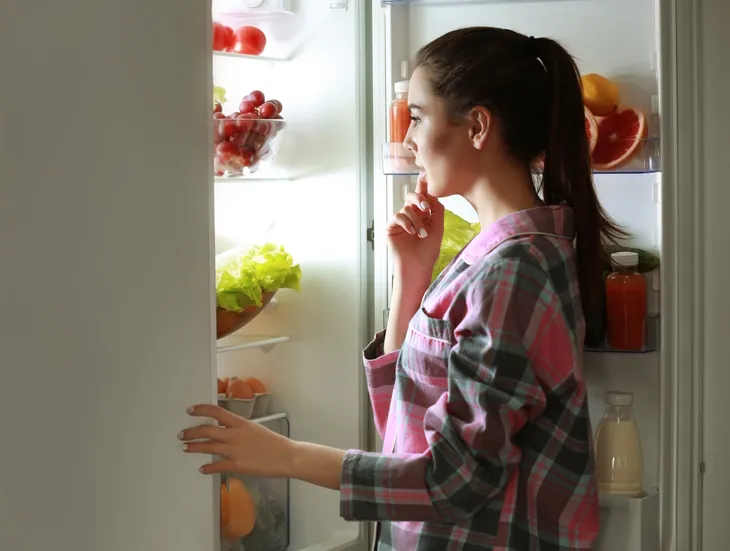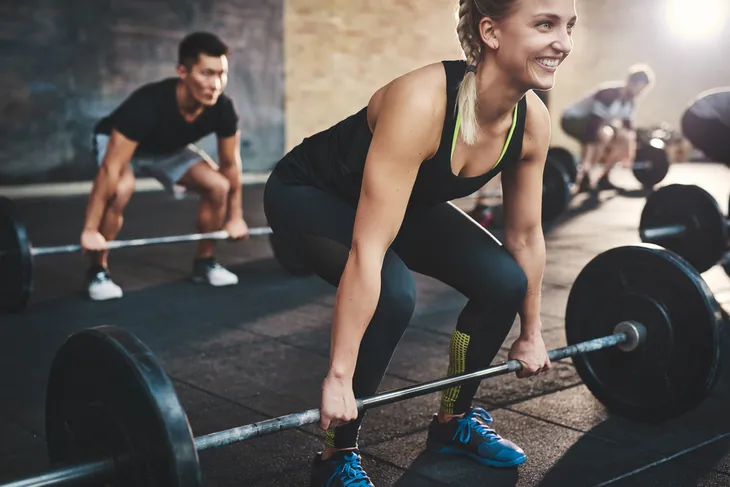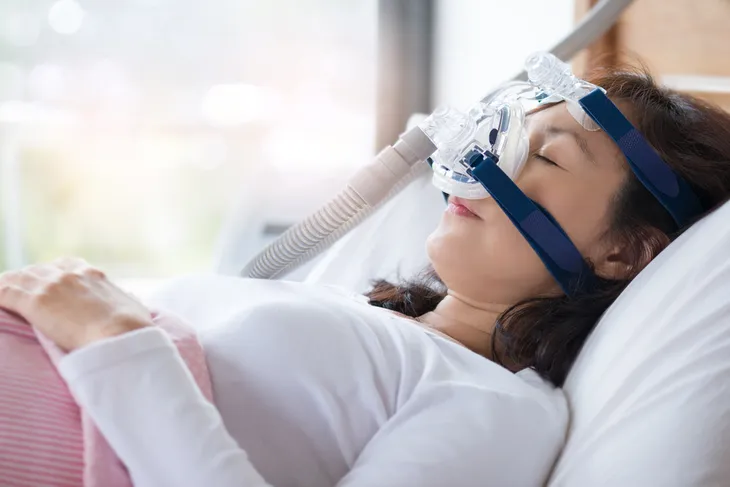Getting a good night’s sleep is vital to your mental and physical health. Research recommends adults get between six to eight hours of sleep per night. Anything less will begin to have an adverse effect on your health. Sleep deprivation negatively impacts your immune system, leaving you more susceptible to infection such as colds and viruses. Lack of sleep can leave you fatigued and significantly decrease your mental acuity. Studies have shown that shift workers who suffer from chronic sleep deprivation have a shortened lifespan. Sleep deprivation can also compromise your safety as you are more inclined to fall asleep while driving or exhibit impaired judgment when overtired.
Sleep is an integral component of good health. There are things that can be done to improve the quantity and quality of your sleep. By practicing these good “sleep hygiene” tips, you can improve your sleep and your overall quality of life…
1. Set Your Biological Clock
Going to bed the same time every night and waking up the same time every morning will help to set your internal biological clock. Try to stick as closely as you can to your sleep and wake times even on weekends.
Once you disrupt your cycle it may take a few days to get back on track. Even if you have difficulty falling asleep, try to adhere to your regular times. Doing so will help reset your clock and your body will thank you.
2. Limit Caffeine, Alcohol, and Stimulants
If you must drink coffee, tea or other caffeinated beverages, try to consume them in the early part of the day. These beverages should not be consumed for 4-6 hours prior to bedtime. Limit alcohol to 1-2 drinks per day or less. A glass of wine before bed may initially produce drowsiness but after a few hours it disrupts the sleep cycle and may cause multiple waking episodes.
Caffeinated beverages and alcohol also have the effect of increasing urine production as your body breaks these substances down and attempts to eliminate them from your body. This can disrupt sleep by forcing you to get up and go to the bathroom.
3. Create a Relaxing, Sleep Promoting Bedroom
Your bedroom should be a place of relaxation and rest not a work office or gaming room. Start with purchasing a comfortable mattress and bed with ample pillows. Remember to replace your mattress every 10 years and your pillows more often. You should also invest in window blinds or blackout shades that can adequately block outside light.
Too much light filtering into the room can hamper sleep. If outside noise keeps you awake you may wish to invest in a white noise machine or a pair of earplugs. Turn the thermostat down at night, no higher than 75 Fahrenheit as studies have shown we fall asleep easier in a cool environment.
4. Limit Screen Time Prior to Bed
Technology has its place and has opened up out world. We can now converse with people instantly across the globe, 24/7. We are more connected now than at any other time in history. The downside is that technology doesn’t need sleep but we do. Try to limit screen time such as TV, cell phones, Facebook, Twitter, Snapchat, and video games to two hours before bed.
The flashing screens, intense colors and brightness all stimulate our brains and make it difficult to relax and fall asleep. Turning off technology 2 hours prior to bedtime gives your brain a chance to rest and wind down.
5. Get Into a Sleep Routine
Developing a regular routine at bedtime helps promote sleep. You may wish to take a warm bath or shower prior to bed, read a book or practice mediation or relation exercises.
Avoid physically or emotionally stimulating activities immediately before bed. Such activities can trigger your body’s stress response and the release of cortisol, which in turn increases your alertness.
6. Sleep When You’re Tired
If you’re revved up just before bed, try to take an extra few minutes to do something relaxing. Going to bed with your mind still racing is counterproductive. If you find you’re still tossing and turning after 20 minutes then get up. Watching the clock is not only a waste of time but can add stress and actually keep you up.
If you have a digital clock, turn the brightness down or turn the face away from you to decrease the stimulation. Make sure the lights are dimmed and there is no noise adding to your difficulty. This may be a good time to listen to sleep hypnosis or relaxation tapes using headphones.
7. Use Natural Daylight to Your Advantage
Natural daylight stimulates the body’s production of melatonin. This is a substance which helps promote sleep and also acts as a preventative factor in the development of breast cancer. Try getting out into the sunshine during the day. Shift workers need to be extra vigilant as studies have shown they have an increased risk of developing breast cancer, which is believed to be associated with their decreased production of melatonin.
If you are a day shift worker, try having your blinds up a touch to encourage the morning sun to filter in to your room and wake you. Some shift workers find a melatonin supplement helpful.
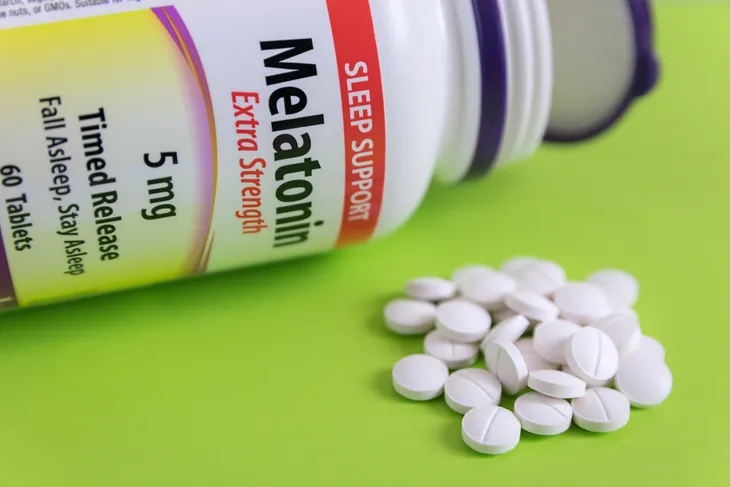 / Shutterstock.com
/ Shutterstock.com8. Don’t Nap
Some people are fans of the so called “power nap”. This is when you take up to 20 minutes to close your eyes and rest during the day when you feel exhausted. If you must nap, do so before 5pm, otherwise you may have difficulty getting sleep at bed time.
Naps taken in the afternoon tend to severely disrupt your sleep cycle. Even a short 10 or 15 minute nap can be enough to keep you awake all night.
9. Watch What You Eat Before Bed
Don’t eat a heavy meal just before bed. Especially one which may cause indigestion. Ideally, you should finish your dinner between 2-4 hours before bed. You may want to have a light snack with protein such as peanut butter or cheese and crackers.
Protein will help keep your blood sugar levels even throughout the night. But keep your snack light. In addition to causing indigestion, a heavy meal may give you a stomach ache, cramps or gas. All of which can lead to insomnia.
10. Limit Fluids
Limit fluids two hours before bed. This includes juice and water. Otherwise you’ll be kept up by repeated trips to the bathroom to empty your bladder.
The same thing applies to alcohol and caffeinated beverages, which act as diuretics and can have you making frequent trips to the bathroom at night.
11. Time Exercise Carefully
Well timed exercise can prove to be a beneficial sleep aid. Exercise improves your circulation, strengthens your muscles, and improves mental acuity, and alertness. Exercise initially causes your body to release the stress hormone cortisol. This is the reason you feel more alert afterwards.
A daily exercise regime can ensure that by the time you get to bed you’re good and tired. The trick is to exercise at the right time of day. You should avoid strenuous exercise for 3-4 hours prior to bed. Better yet, try to complete your exercise regime as early in the day as possible.
12. Medical Intervention
Sleep deprivation can have serious negative health consequences. You should always try non-medicinal approaches to getting a good night’s sleep first. If none of these approaches seem to work, it’s time to seek medical attention. Sleep disorders can be treated in a variety of ways depending on their cause.
Sleep Apnea is a serious condition in which a person stops breathing for brief periods at night. Your physician will usually order a sleep lab study and once the results are in may treat this disorder by prescribing a CPAP machine for sleeping at night. Your physician may also order a sleeping pill. The important thing is to follow your doctor’s orders and continue with all your other sleep hygiene practices at the same time.
